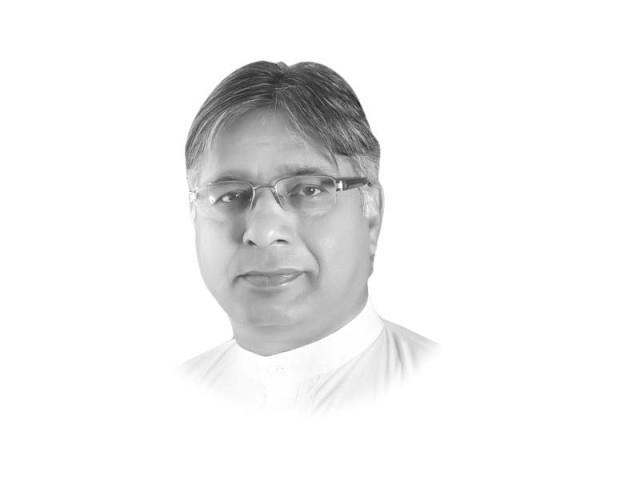Electoral reforms and policy on reserved seats
The language of law must inspire confidence and ownership of the common people who have suffered alienation for long

The writer is a freelance journalist specialising in international law, rural development and public policy, and a director of Centre for Social Justice
To start with, in Pakistan’s context where the concept of ‘power to the people’ has remained under threat due to manipulations, the bill would bring the direction and meaning to focus, if a strong reiteration to this effect is added. The danger remains that without a mention of the ultimate purpose, the conduct of election may be taken as an administrative function or occasion. Therefore, open to manoeuvering of the process by the powerful, as practices in the status quo suggest.
The language of the law must inspire confidence and ownership of the common people who have suffered alienation for long. Electoral laws must empower the marginalised sections of society as much as the institution of the Election Commission that is assigned to bring the will of the people to the fore in a free and fair manner. The proposed electoral law reiterates the policy of inducting representation from women and religious minorities. It leaves the mode of elections on these seats, for the Local Government, Provincial and Federal parliaments, to the constitution or other legislation to decide. It is also possible that the PCER did not get sufficient and qualitative input or time to address the anxieties about the effectiveness and accountability of the representation from the religious minorities.
The current mode, whereby, inductions are made through proportional representation method, has been a source of discontentment. Political parties submit a ‘priority list’ of candidates to who are notified as elected in equation to the number of seats won in general elections by the mainstream political parties. Although restoration of joint electorate fulfills the minimum demands of the democratic dispensation, the arrangement needs improvement to deliver the goods on political inclusion of minorities. Since 2002 the political space for minorities within the rank and file of political parties has somewhat increased though in the given scale of the social discrimination, economic marginalisation and political alienation, their role is still limited in lawmaking, governance, etc. However, using the potential of principles of equality and inclusive democracy, to establish rule of law primarily calls for more than symbolic appointments.
In the absence of a vibrant and accountable minority representation, that would have worked effectively to dismantle institutional discrimination otherwise, members of religious minorities have begun to develop a fascination over a mode of filling reserved seats through a direct vote. This could mean return of the separate electorate, a surrender of gains made so far on the non-discrimination agenda. The relationship between the general seat or parliament at large and the minority electorates will suffer.
Therefore, in order to give minorities a meaningful representation, it is necessary that the political parties are required to make their priority lists using criterion to draw their candidates from the whole geographic spread for the elected house rather than those coming from a hand-full of urban centers. Secondly, the priority lists of candidates, if prepared through intra-party elections, will manifest a wider mandate from within the party rather than a selection committee.
The draft bill can help repair this situation by incorporating the mode of election to intra-party elections and delimitation of constituencies for reserved seats. It does not need a constitutional amendment but an amendment to electoral procedures which is already the mandate of the electoral reforms.
Ignoring the ramifications of religiously exclusive and negative idioms, the draft bill has switched to the term “non-Muslims” exclusively from a mixed use of the term ‘minority’ which the constitution of Pakistan and other electoral laws used.
Developing a democratic culture will take time and effort but as long as the direction is ascertained and adhered to, we can be confident that the national aspirations will translate into reality in the future.
Published in The Express Tribune, January 20th, 2017.
Like Opinion & Editorial on Facebook, follow @ETOpEd on Twitter to receive all updates on all our daily pieces.












COMMENTS
Comments are moderated and generally will be posted if they are on-topic and not abusive.
For more information, please see our Comments FAQ